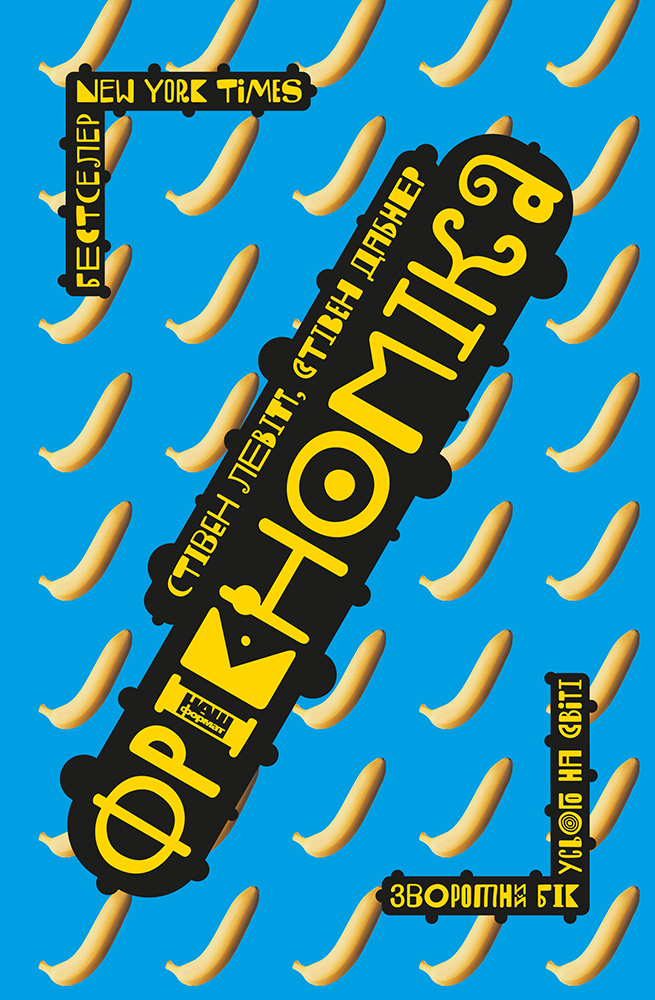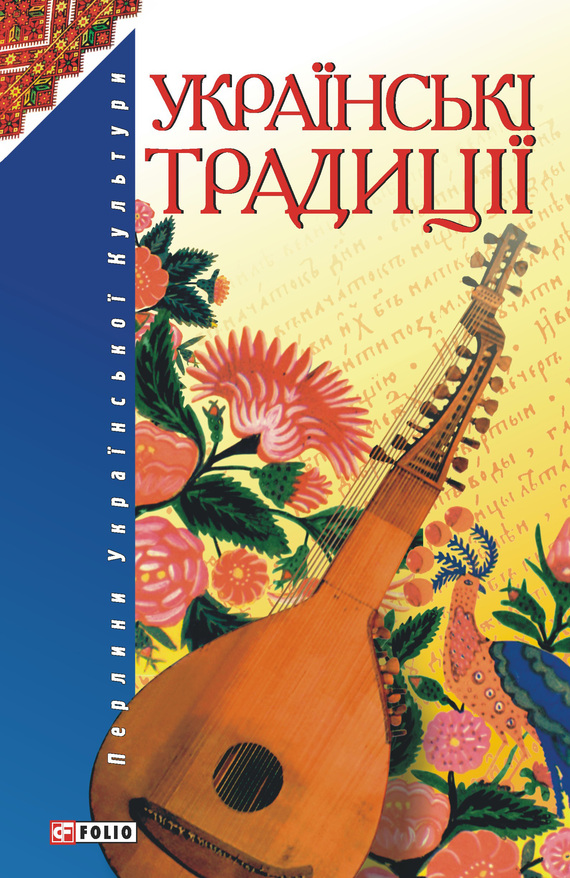Читати книгу - "Genghis Khan and the Making of the Modern World"
Шрифт:
Інтервал:
Добавити в закладку:
With an impresario’s ability to manage public spectacle and to capture the popular imagination, Khubilai enthusiastically supported drama, a much-neglected art in traditional Chinese culture, and he frequently had plays staged in the royal compound. The Mongol courtiers enjoyed plays filled with acrobatic action, emotional music, bright makeup, and colorful costumes. Much like the works of William Shakespeare in Europe, the playwrights of the Mongol era sought to be entertaining while seeking to understand issues such as the relation of power to virtue. It is reported, but impossible to verify, that no play was censored during Khubilai’s reign. The resulting plays were some of the most enduring in Chinese literature, making the Mongol era rank as the golden age for Chinese drama. Estimates place the total number of new plays performed during the Yuan dynasty at around 500, of which 160 survive.
Traditionally in China, the performing artists such as actors and singers ranked as low in respect and prestige as prostitutes, concubines, and other marginal professions. The Mongol rulers raised their social status as professionals and built theater districts so that the performances would not be confined to marketplaces, brothels, and taverns. The combination of Chinese drama and the Mongolian patronage of music laid the basis for what became the Peking Opera.
In their patronage of popular culture to entertain themselves and the masses, the Mongols adhered to their cultural abhorrence of bloodshed. Although they enjoyed wrestling and archery, they developed no counterpart to the gladiatorial games and public slaughter that fascinated the Romans, nor any of the traditional European sports of pitting animals against each other, as in bear baiting and dogfights, or animals against humans, as in bullfighting. Mongols did not permit the execution of criminals to become a public sport, as in the beheadings and hangings common in European cities. The Mongols offered no counterpart to the common public entertainment of burning people alive that occurred so frequently in western Europe wherever the Christian church had the power to do so.
Khubilai did not pursue a short-term strategy of winning transitory popular support; rather, he consistently and systematically pursued a nearly two-decades long policy of winning the allegiance of a continental civilization. The Mongols portrayed themselves as the strong leaders favored by heaven to unite the Chinese, in contrast to the effete and detached Sung leaders who wallowed in decadent luxury and valued ostentatious displays of wealth more than martial power. As different as the Mongols were in many respects, the Chinese masses found more common ground with them in their taste and sensibilities than with their own Chinese court officials.
Year by year, soldiers, officials, and peasants deserted the Sung to live under the Mongols or helped the Mongols to take over their local area. More merchants took their trade to the Mongols, more priests and scholars found protection and greater freedom of movement under the Mongols, and eventually Chinese generals and whole regiments of soldiers and sailors deserted to the Mongol lines. The collapse of the Sung dynasty was not a sudden fall or conquest, but a slow erosion as it fell apart.
Throughout this campaign, the Mongols sustained their military pressure on the Sung. Each small victory reinforced the idea that Heaven willed the future to the Mongols and had abandoned the Sung. Khubilai Khan directed the public relations campaign but not the military one, which he left in the hands of his highly competent generals, such as a man named Bayan, who proved nearly as skillful in fighting the Chinese as Subodei had been in his destruction of the European armies from Russia to Hungary. In 1276, the Mongol troops finally overtook the Sung capital at Hangzhou, and over the next few years they wiped up the small pockets of local resistance. Through patient propaganda and shrewd policies, Khubilai Khan had succeeded in doing what Genghis Khan had not been able to do with his mighty army. In keeping with his new image as the personification of Chinese virtues, Khubilai provided excellent care for the dowager empress and allowed most of the royal family to live in a wonderful palace with all the luxuries to which they had been accustomed. To avoid the heir of the deposed Sung becoming a center for rebellion, he sent the young emperor to study in Tibet, where he became a monk in 1296.
For Chinese scholars and literati, the defeated Sung dynasty became a nostalgic memory of a golden era. The poet Xie Ao (Hsieh Ao) captured the nostalgia in a poem titled “On Visiting the Former Imperial Palace at Hangchow.”
Like an ancient ruin, the grass grows high: gone are the guards and the gatekeepers.
Fallen towers and crumbling palaces desolate my soul.
Under the eaves of the long-ago hall fly in and out the swallows
But within: Silence. The chatter of cock and hen parrots is heard no more.
Khubilai Khan realized what a jewel he had acquired in his conquest of the Sung capital and officials. They represented the height of Chinese civilization, and in the years ahead, he strove to preserve their achievements while reforming and expanding their empire. As the Japanese scholar Hidehiro Okada wrote, “The greatest legacy of the Mongol Empire bequeathed to the Chinese is the Chinese nation itself.” The Mongols united not only all of the areas speaking various Chinese dialects, but they combined with it the adjacent kingdoms of the Tibetans, Manchurians, Uighurs, and dozens of smaller kingdoms and tribal nations. The new country under their administration was about five times as large as the civilization where people spoke the Chinese languages. The official Chinese state culture that emerged was certainly not Mongol; nor was it Chinese. Khubilai Khan had created a hybrid, and, through his efforts, the culture would have a worldwide impact of unanticipated dimensions and importance.
With his control extended to almost everything reachable by
Увага!
Сайт зберігає кукі вашого браузера. Ви зможете в будь-який момент зробити закладку та продовжити читання книги «Genghis Khan and the Making of the Modern World», після закриття браузера.




